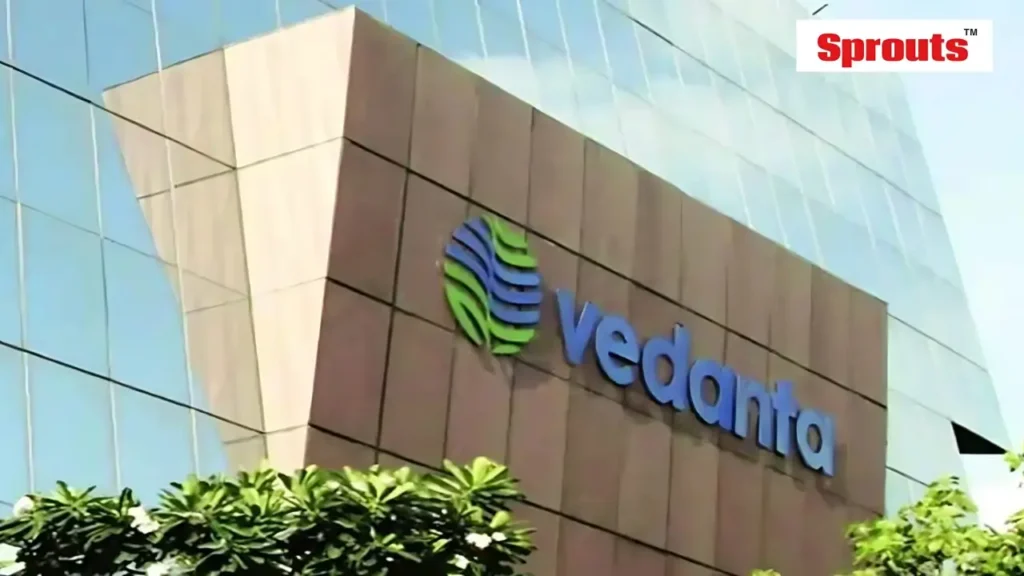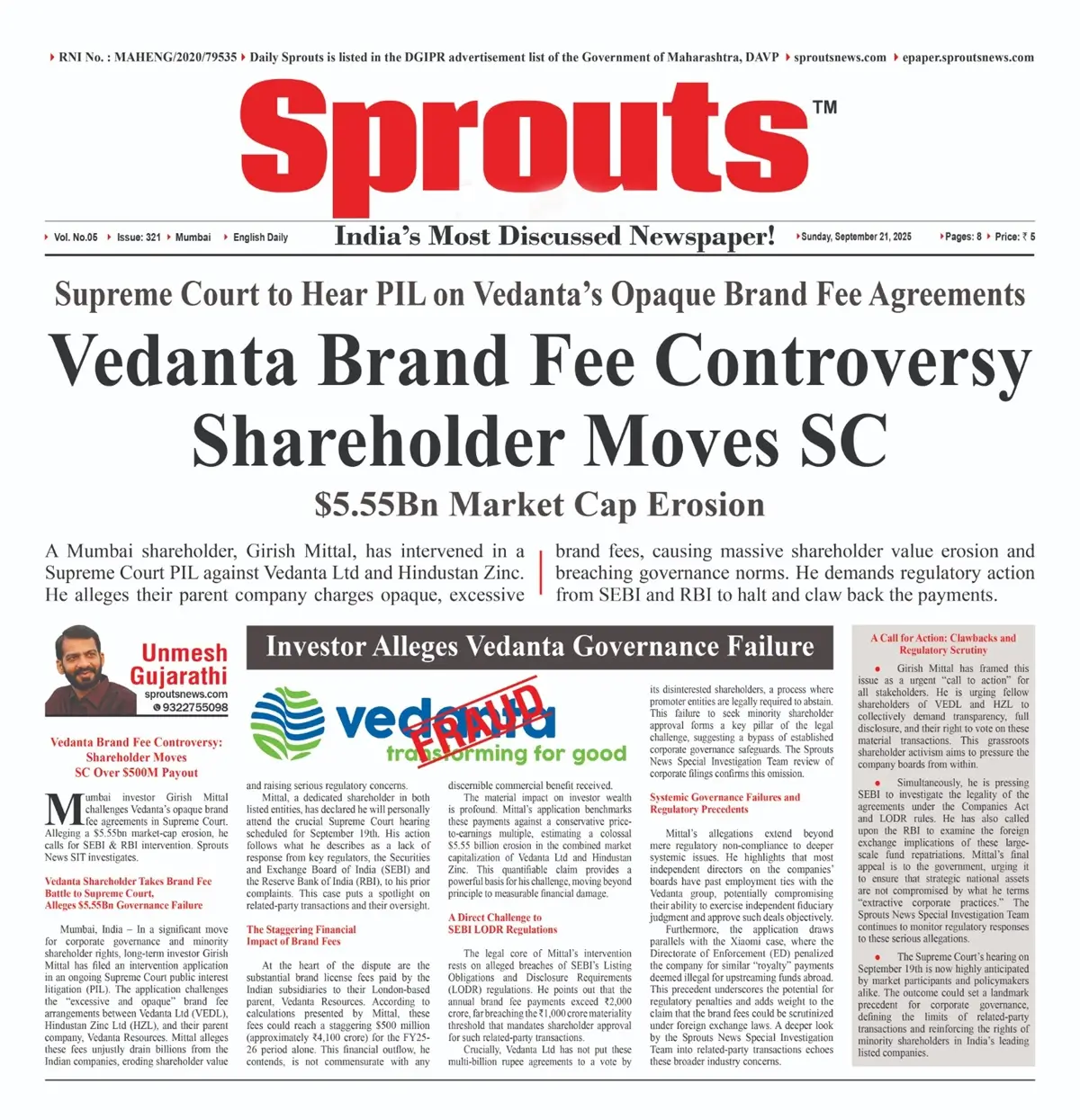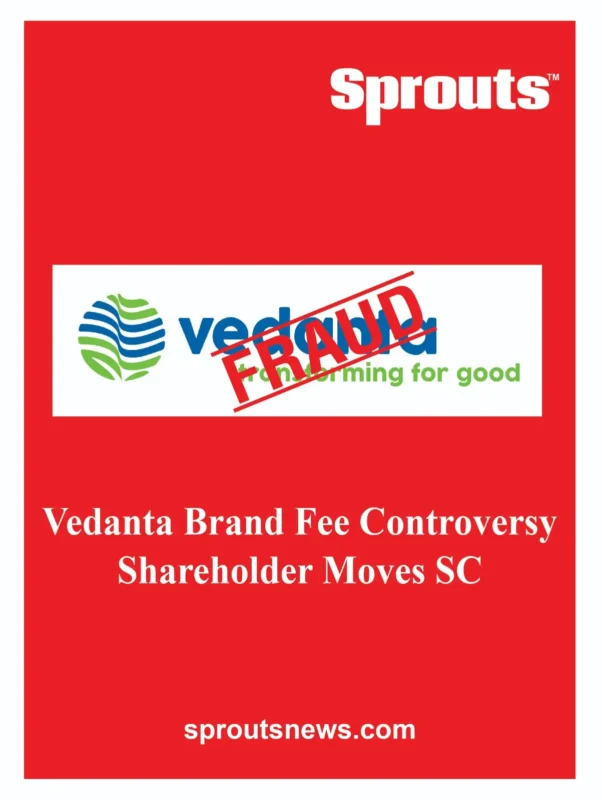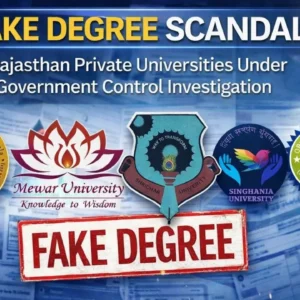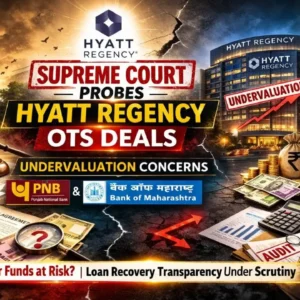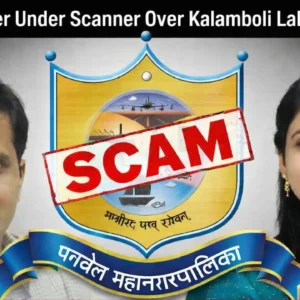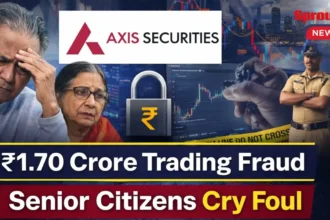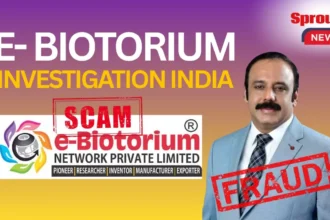Vedanta Brand Fee Controversy: Shareholder Moves SC Over $500M Payouts
• Supreme Court to Hear PIL on Vedanta’s Opaque Brand Fee Agreements
• $5.55Bn Market Cap Erosion
• Investor Alleges Vedanta Governance Failure
A Mumbai shareholder, Girish Mittal, has intervened in a Supreme Court PIL against Vedanta Ltd and Hindustan Zinc. He alleges the parent company extracted over $500 million through opaque brand fee agreements, triggering a $5.55 billion market cap erosion. The plea accuses Vedanta of corporate governance failures and urges SEBI and RBI to investigate, halt, and claw back the controversial payouts.
Click Here To Download the News Attachment
Vedanta Limited Brand Fee Controversy: Shareholder Moves SC Over $500M Payout
Mumbai investor Girish Mittal challenges Vedanta’s opaque brand fee agreements in Supreme Court. Alleging a $5.55bn market-cap erosion, he calls for SEBI & RBI intervention. Sprouts News SIT investigates.
Vedanta Limited Shareholder Takes Brand Fee Battle to Supreme Court, Alleges $5.55Bn Governance Failure
Mumbai, India – In a significant move for corporate governance and minority shareholder rights, long-term investor Girish Mittal has filed an intervention application in an ongoing Supreme Court public interest litigation (PIL). The application challenges the “excessive and opaque” brand fee arrangements between Vedanta Ltd (VEDL), Hindustan Zinc Ltd (HZL), and their parent company, Vedanta Resources. Mittal alleges these fees unjustly drain billions from the Indian companies, eroding shareholder value and raising serious regulatory concerns.
Mittal, a dedicated shareholder in both listed entities, has declared he will personally attend the crucial Supreme Court hearing scheduled for September 19th. His action follows what he describes as a lack of response from key regulators, the Securities and Exchange Board of India (SEBI) and the Reserve Bank of India (RBI), to his prior complaints. This case puts a spotlight on related-party transactions and their oversight.
The Staggering Financial Impact of Brand Fees
At the heart of the dispute are the substantial brand license fees paid by the Indian subsidiaries to their London-based parent, Vedanta Resources. According to calculations presented by Mittal, these fees could reach a staggering $500 million (approximately ₹4,100 crore) for the FY25-26 period alone. This financial outflow, he contends, is not commensurate with any discernible commercial benefit received.
The material impact on investor wealth is profound. Mittal’s application benchmarks these payments against a conservative price-to-earnings multiple, estimating a colossal $5.55 billion erosion in the combined market capitalization of Vedanta Ltd and Hindustan Zinc. This quantifiable claim provides a powerful basis for his challenge, moving beyond principle to measurable financial damage.
Related Article : Supreme Court Judge Recuses in Vedanta, Hindustan Zinc Probe PIL.
A Direct Challenge to SEBI LODR Regulations
The legal core of Mittal’s intervention rests on alleged breaches of SEBI’s Listing Obligations and Disclosure Requirements (LODR) regulations. He points out that the annual brand fee payments exceed ₹2,000 crore, far breaching the ₹1,000 crore materiality threshold that mandates shareholder approval for such related-party transactions.
Crucially, Vedanta Ltd has not put these multi-billion rupee agreements to a vote by its disinterested shareholders, a process where promoter entities are legally required to abstain. This failure to seek minority shareholder approval forms a key pillar of the legal challenge, suggesting a bypass of established corporate governance safeguards. The Sprouts News Special Investigation Team review of corporate filings confirms this omission.
Systemic Governance Failures and Regulatory Precedents
Mittal’s allegations extend beyond mere regulatory non-compliance to deeper systemic issues. He highlights that most independent directors on the companies’ boards have past employment ties with the Vedanta group, potentially compromising their ability to exercise independent fiduciary judgment and approve such deals objectively.
Furthermore, the application draws parallels with the Xiaomi case, where the Directorate of Enforcement (ED) penalized the company for similar “royalty” payments deemed illegal for upstreaming funds abroad. This precedent underscores the potential for regulatory penalties and adds weight to the claim that the brand fees could be scrutinized under foreign exchange laws. A deeper look by the Sprouts News Special Investigation Team into related-party transactions echoes these broader industry concerns.
A Call for Action: Clawbacks and Regulatory Scrutiny
Girish Mittal has framed this issue as a urgent “call to action” for all stakeholders. He is urging fellow shareholders of VEDL and HZL to collectively demand transparency, full disclosure, and their right to vote on these material transactions. This grassroots shareholder activism aims to pressure the company boards from within.
Simultaneously, he is pressing SEBI to investigate the legality of the agreements under the Companies Act and LODR rules. He has also called upon the RBI to examine the foreign exchange implications of these large-scale fund repatriations. Mittal’s final appeal is to the government, urging it to ensure that strategic national assets are not compromised by what he terms “extractive corporate practices.” The Sprouts News Special Investigation Team continues to monitor regulatory responses to these serious allegations.
The Supreme Court’s hearing on September 19th is now highly anticipated by market participants and policymakers alike. The outcome could set a landmark precedent for corporate governance, defining the limits of related-party transactions and reinforcing the rights of minority shareholders in India’s leading listed companies.


